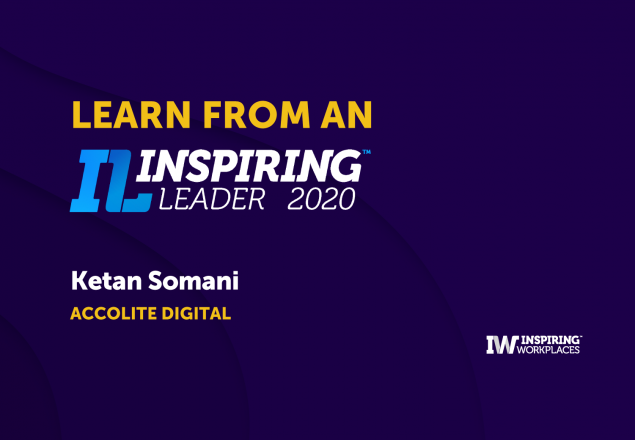
05th March 2024
Balancing happiness and productivity: five strategies of exceptional managers

The workplace landscape is evolving rapidly, driven by technological advancements and economic uncertainties. As stress and burnout levels rise, with a significant impact on mental health, organizations must prioritize well-being to ensure a healthy, engaged, and productive workforce. By fostering autonomy, supporting boundaries, managing workloads, cultivating psychological safety, and supporting middle managers, organizations can enhance workplace well-being while maintaining productivity and resilience.
From the original article written by Manar Morales and published in Fast Company.
The workplace is undergoing rapid transformation, fueled by technological advancements like artificial intelligence and compounded by ongoing economic uncertainty. In this dynamic landscape, many employees struggle to keep up, leading to increased levels of workplace stress and burnout.
Recent studies have highlighted the alarming prevalence of burnout, with a significant percentage of both managers and non-managers reporting burnout in the past year. This trend is further exacerbated by factors such as long hours, excessive workloads, and insufficient support systems.
The repercussions of unaddressed workplace stress are profound, affecting absenteeism, job satisfaction, mental health, and overall employee engagement. Recognizing the urgent need for intervention, organizations must adopt holistic approaches to promote workplace well-being, transcending individual-focused initiatives to embrace a culture of organizational well-being.
To effectively tackle mental health issues in the workplace, organizations must address underlying causes of stress and burnout. Research indicates that organizations prioritizing engagement during periods of economic uncertainty outperform financially, underscoring the business imperative of fostering a healthy workplace culture.
Here are five strategies employed by great managers to enhance team happiness without compromising productivity:
- Offer Autonomy: Granting employees autonomy instills a sense of trust and empowerment, alleviating feelings of control and fostering work-life balance. Flexibility in work arrangements serves as a cornerstone of this strategy, fueling company culture and productivity simultaneously.
- Support Boundaries: While flexibility is crucial, it must be complemented by clear boundaries to prevent work-life stress. Respecting employees’ time and personal lives cultivates loyalty and engagement, ultimately enhancing productivity.
- Manage Workloads: Addressing unmanageable workloads and providing adequate resources are essential steps in preventing stress and burnout. Monitoring work hours, redistributing tasks, and acknowledging heavy workloads are effective measures to maintain productivity while safeguarding employee well-being.
- Cultivate Psychological Safety: Creating environments of psychological safety encourages open communication and mutual support among team members. Proactive check-ins, annual goal conversations, and confidential feedback channels contribute to building trust and resilience within teams.
- Support Managers: Recognizing the pivotal role of managers, organizations must prioritize their well-being through targeted programs and training initiatives. Equipping managers with the skills to promote work-life balance and lead with empathy not only enhances their own mental health but also cascades positive effects throughout the organization.
By implementing these strategies, organizations can foster workplace well-being and enhance productivity, laying the foundation for sustained success in today’s evolving work landscape.
Read the original article here: 5 ways great managers make their teams happier—without sacrificing productivity
Our new consulting division can help you build an inspiring culture of Belief and Belonging in your organization.
Find out more here





